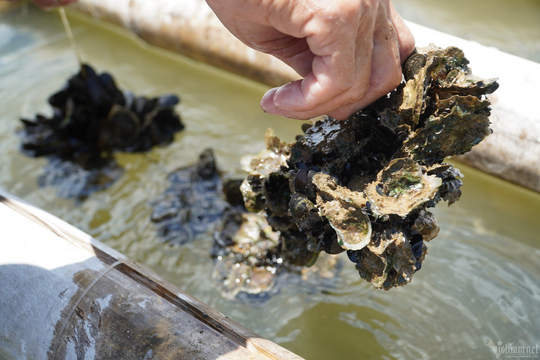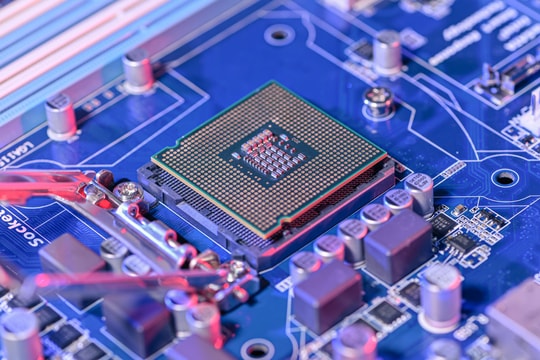President Trump's 'zigzag' China policy confuses allies
(Baonghean.vn)- The US President has very limited patience and has a habit of frequently changing his decisions.
US President Donald Trump has proven to be an unpredictable leader in East Asia policy. Last December, before taking the oath of office, Trump made the unprecedented decision to accept a congratulatory call from Taiwanese President Tsai Ing-wen – the first such call since the US and Taiwan had diplomatic relations strained in 1979 – as a precondition for the establishment of a US embassy in Beijing.
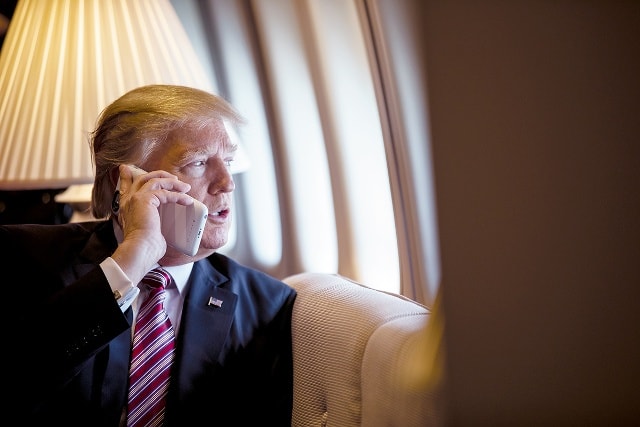 |
| US President Donald Trump. Photo: AP |
Then, after the April summit in Florida between President Trump and Chinese President Xi Jinping, who seemed to become his new best friend, the US leader declared that he wanted to speak to Xi before any phone call with Tsai. “I really feel that he is doing everything in his power to help us solve the big problem (referring to North Korea),” Trump said. “So I don’t want to make it difficult for him.”
President Trump thinks President Xi “is a great leader, and I don’t want to do anything to get in the way. So I certainly want to talk to him first.”
In response, Taiwanese leader Tsai Ing-wen said Taiwan had no plans to hold a phone call “at this time,” and understood that the US prioritized resolving regional issues. Tsai had previously said that US-Taiwan relations were improving. “Taiwan can purchase the F-35 fighter jet, the most advanced stealth aircraft in the US arsenal, from its sole arms supplier. We have the opportunity to communicate directly with the US government,” Tsai said. “We do not rule out the opportunity to have a private phone call with President Trump, but this depends on the necessity of the situation and Washington’s consideration of regional issues.”
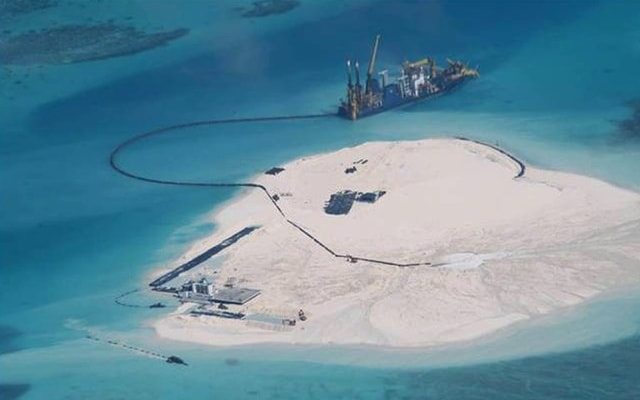 |
| East Asian countries are concerned about freedom of navigation in the South China Sea after Beijing increased militarization of artificial islands. Photo: AP |
Concerns about the United States maintaining its unwavering commitment to Taiwan have grown, especially after Mr. Trump said on January 13 that “everything is under negotiation, including the one-China policy.” The fear is that Mr. Trump might consider compromising with Beijing at the expense of Taiwan.
In the era of Trump’s “Art of the Deal” diplomacy, speculation has been raised that a more favorable trade deal for China could be used as an enticement to coax Beijing into cooperating with North Korea. A bigger fear is that the security of Taiwan, one of China’s “core interests,” could be traded off for progress on North Korea’s nuclear deterrent.
This may happen despite US Secretary of State Rex Tillerson in his public testimony before the Senate emphasizing that “the people of Taiwan are friends of the United States and cannot be treated as a commodity. The US commitment to Taiwan is both a legal commitment and a moral commitment.”
But then, not long after, on June 20, President Trump almost lost patience. Although he thanked China for its efforts to resolve tensions with North Korea, he said Beijing had failed. And by the end of June, the US had successfully completed a $1.4 billion arms sale to Taiwan, while the US Treasury Department announced sanctions on China’s Bank of Dandong for “financial support to North Korea.”
The Chinese Embassy in Washington said in a statement that the arms sale to Taiwan “constitutes a major interference” in China’s internal affairs. Taipei is not the only US friend in East Asia “confused” by US policy in the Trump era.
South Korean President Moon Jae-in, during his recent visit to Washington, declared that America’s strategic patience with North Korea “has ended.” However, Mr. Moon, who advocates a “Spark” policy on the North Korea issue, appears to agree with his counterpart Trump’s latest foreign policy.
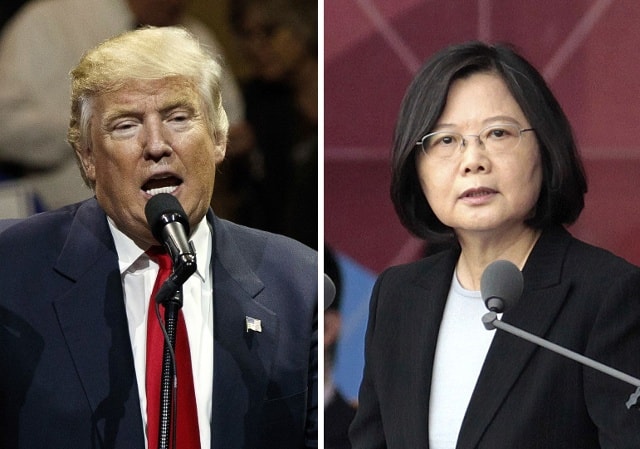 |
| Experts say the phone call between President Trump and Taiwan's leader was not a diplomatic victory for Taipei. Photo: AP |
On May 1, just nine days before Moon was sworn in as South Korean president, Trump said he would be willing to meet North Korean leader Kim Jong-un “under the right circumstances” and said “I would be honored.” Moon later said, “If the conditions are right, I will go to Pyongyang.”
But in a flash, after North Korea launched an ICBM on July 4, President Trump changed his tone and declared that “it is hard to believe that South Korea and Japan will tolerate this much longer.” Thus, it can be seen that both US and South Korean leaders will not “eat bread” in Pyongyang (or share a bowl of rice) with Kim Jong-un in the near future.
The final issue that concerns East Asian allies is freedom of navigation in the South China Sea after Beijing’s increased militarization of artificial islands. This has continued even after China lost a case brought by the Philippines against its claim to a large area of the South China Sea before the Permanent Court of Arbitration in The Hague.
Philippine President Rodrigo Duterte has struck a condescending tone, saying he will “take a back seat” to restart bilateral negotiations with China. The Philippine defense minister also announced that plans with the US to “conduct joint patrols and naval exercises in the South China Sea have been postponed.”
On April 29, both Trump and Duterte did not mention the South China Sea issue in their phone call – despite it being a top national security threat to Manila and a major concern for their ally, Washington. Instead, they discussed Duterte’s drug crackdown and North Korea’s nuclear threat. The North Korea issue has baffled many regional experts because, unlike South Korea and Japan, the Philippines is hundreds of kilometers away from North Korea.
Thus, all the “zigs and zags” in the Trump administration’s East Asia policy in its first months in office, especially with issues related to China’s regional rivals, have caused confusion among allies and “surprise” from China.
Thus, the hope that China will help on the North Korea issue will be further removed. With the reality that China has no intention of “rescuing” the US from Pyongyang’s growing nuclear threat, a more traditional approach to East Asia policy may emerge in the coming months./.
Lan Ha
(According to National Interest)
| RELATED NEWS |
|---|

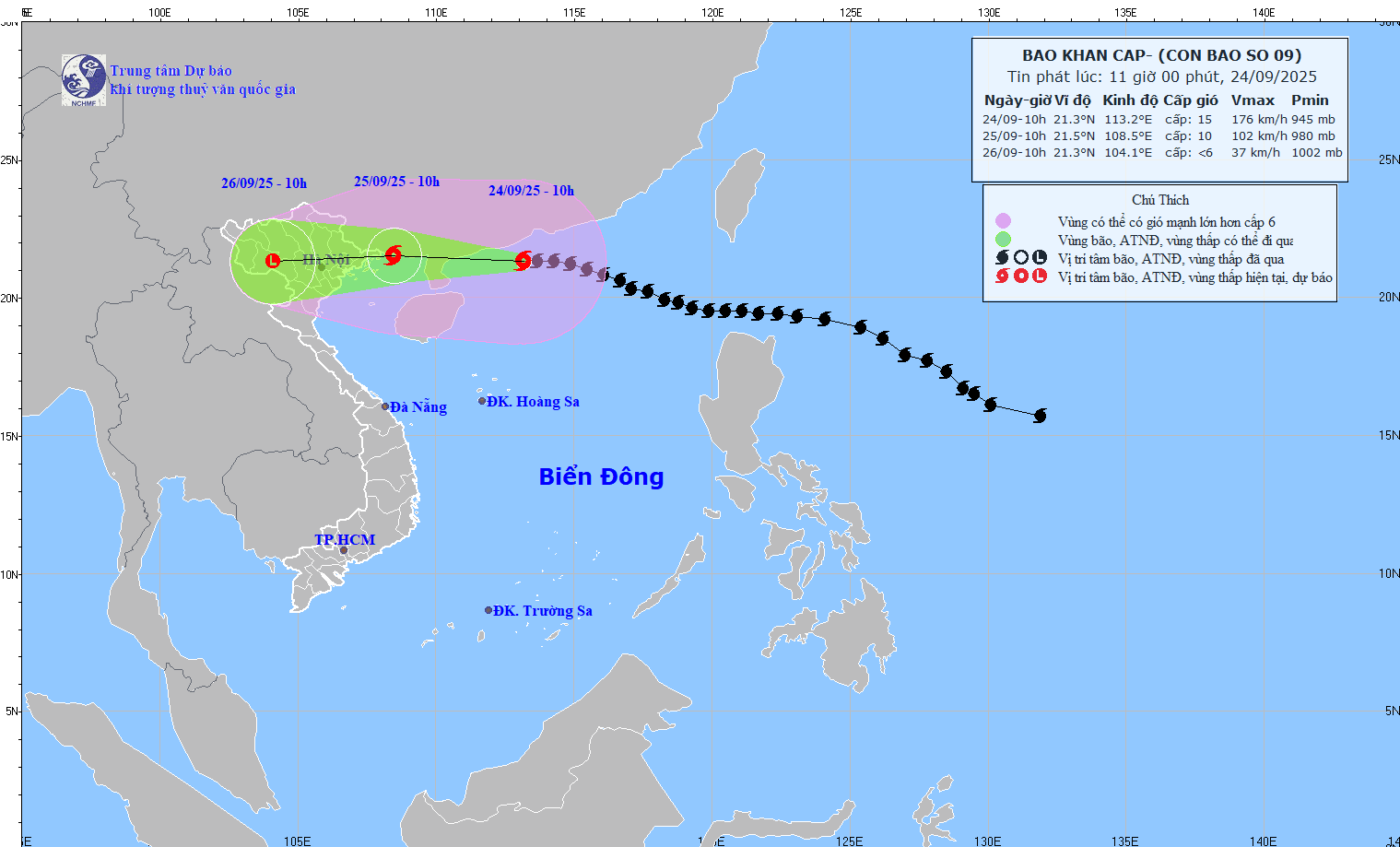

.jpg)

